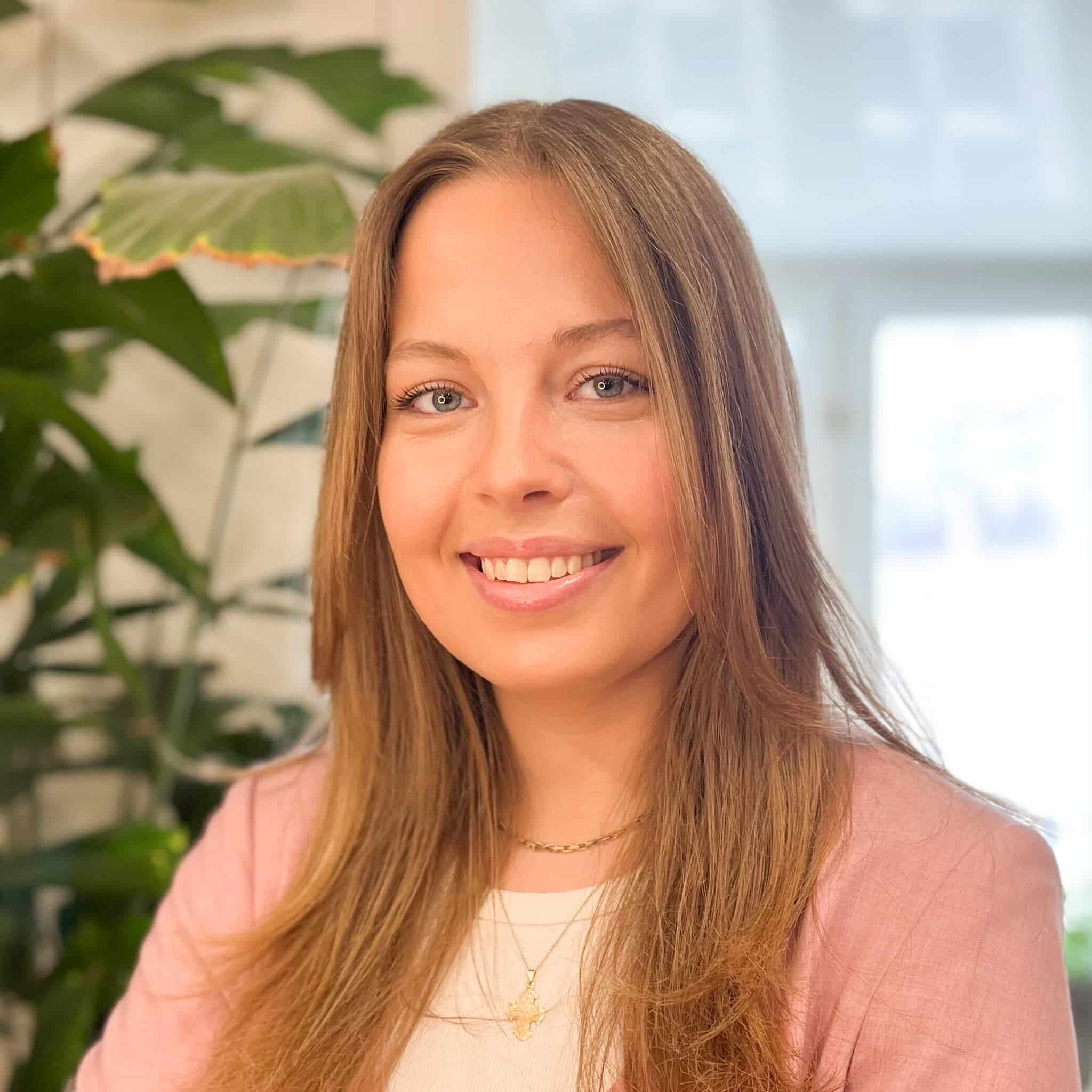When looking to redefine Danish social welfare, the Danish Social Investment Fund (DSI) collaborated with ADC during our annual Collective Week, a dedicated period for pro bono projects. In this interview, Emil Overgaard Bruhn (Consultant, DSI) and Ida Skrubbeltrang Hansen (Philanthropy Lead, ADC) discuss how innovative social investment strategies can reshape the narrative of social services, as well as the potential of strategic partnerships to address societal challenges.

Social investments for youth development
The Danish Social Investment Fund (DSI) is dedicated to establishing a sustainable welfare society through effective initiatives that enhance life chances and overall well-being. Functioning through social investments in partnerships with both public and private entities, DSI envisions a future where improved life opportunities contribute significantly to societal well-being.
To address ongoing challenges faced by disengaged youth, the Danish reform commission recommended allocating DKK 25 million to DSI. This signaled a departure from conventional methods, emphasising social outcome contracts within labour market interventions. Our team at ADC helped translate this recommendation into actionable insights.
Emil from DSI elaborates, “We are looking to move away from first-generation reforms and explore a more holistic approach to tackle complex issues faced by the young population not in education or employment. ADC’s involvement helps us turn this vision into a practical reality.”
Why explore social investments?
The benefit of social investments lies in their ability to foster collaboration, share risks, and prioritise tangible outcomes over activities. Emil highlights, “We wanted to engage risk-willing investors, uniting civil society, NGOs, and the private sector to address challenges that might overwhelm governmental bodies alone.” Ida from ADC adds, “The structure of social investments creates incentives to focus on outcomes, aligning perfectly with our commitment to impact measurement. It injects a sense of purpose, linking results to returns.”
This departure from conventional funding methods not only mitigates risks but also allows for agile adjustments during interventions. As Ida notes, “It gives more freedom to caseworkers, releasing them from rigid activity-focused approaches to concentrate on achieving real outcomes.”
Crafting impactful narratives
ADC’s methodology blended stakeholder management with data-driven methodologies. Ida shares, “In projects like these, we wear the hats of public affairs experts, crafting compelling narratives to showcase the potential benefits for investors and societal stakeholders.” The quantitative perspective involved comprehensive case calculations. Ida explains, “We took existing data from DSI, scaled it up, and painted scenarios. What if we include more people? What if the results vary? We wanted to show the tangible benefits of a 25 million DKK investment.”
The collaboration’s agility allowed for the creation of two distinct case calculations before developing a more comprehensive analysis. As Ida puts it, “It is not just about numbers; it is about telling a story that resonates with stakeholders. We wanted to demonstrate the transformative power of this investment.”
”"ADC was super accessible and proactive throughout the whole period. It was not just a consultancy; it was a shared journey towards a common goal."
Emil Overgaard BruhnConsultant, DSI
Leveraging the social investment model for long-term impact
The proposed solution centered on the social investment model, emphasising its potential economic benefits for both state and municipality. Ida points out, “We wanted to highlight the long-term cost savings by preventing individuals from becoming long-term liabilities to society.” This prevention-oriented approach, she adds, “offers a cyclical investment model. It is not a one-time expenditure; it is a continuous loop where each positive outcome leads to further investments.”
Emil from DSI emphasises the significance, stating, “This is about sustainable financing. It is not just about the immediate impact but also about setting the stage for a continuous cycle of positive change.”
Potential impact on the labour market
The impact of effective interventions is showcased through specific case scenarios, such as employment-focused programs. Emil illustrates, “In an IPS intervention, utilising the 25 million DKK investment in Holbæk municipality could potentially reach 1600 people over five years, with 480 individuals returning to the labour market.”
The ripple effect extends beyond these numbers, emphasising the potential for a return on investment that could reach DKK 108 million. The economic impact is further amplified when considering the scalability of this approach to reach multiple municipalities.
Growth through collaboration
The collaboration brought about significant learnings for both DSI and ADC. Ida highlights how the project aligns with ADC’s interests in social investments and impact measurement, strengthening our public affairs work. Emil acknowledges the benefits, stating, “It has been wonderful to learn from the methods and approaches, as well as brainstorm on challenges and opportunities together with ADC consultants.”
ADC’s involvement, as Ida points out, “goes beyond just the project; it is about learning and growing together. Social investments are not just a solution; they are a mindset shift, and this collaboration has allowed us to explore new horizons.”
Let’s shape the future
Are you interested in discovering how ADC can assist your organisation? Our team has extensive experience in developing solutions that help streamline data management processes and create robust strategies. To learn more, please contact Ida Skrubbeltrang Hansen.

What stage is your organisation in on its data-driven journey?
Discover your data maturity stage. Take our Data Maturity Assessment to find out and gain valuable insights into your organisation’s data practices.



